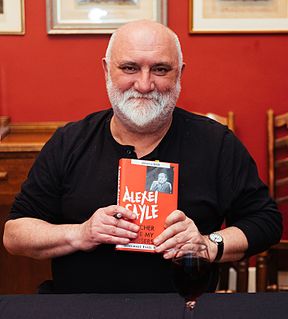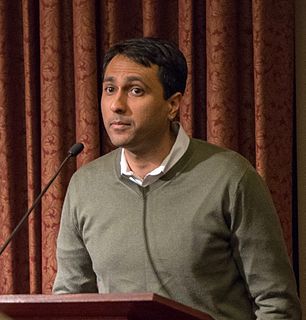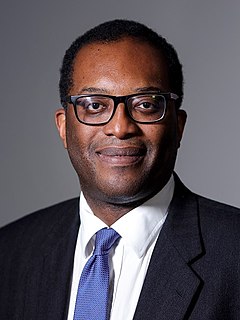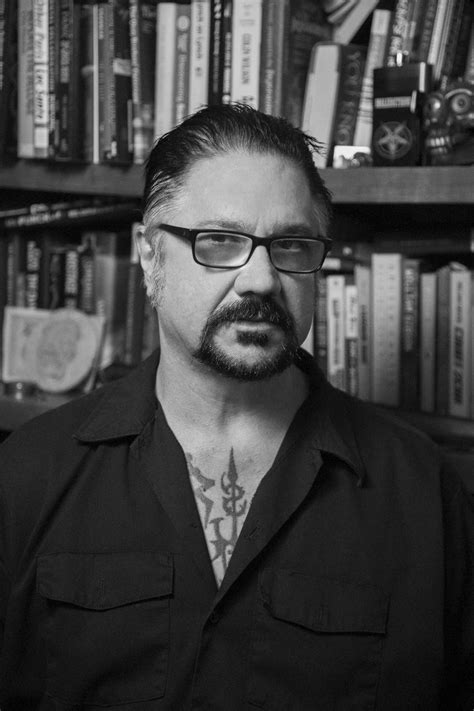A Quote by Antonio Damasio
I think it's reasonable to say that even thought, in all likelihood, we have slightly different experiences of reality, they are similar enough to us not to clash. In other words, I'm not, it's very unlikely, in fact, let's say impossible, for you to say the situation in which you and I are in right now, relative to the machinery that is capturing this.
Related Quotes
So my antagonist said, "Is it impossible that there are flying saucers? Can you prove that it's impossible?" "No," I said, "I can't prove it's impossible. It's just very unlikely." At that he said, "You are very unscientific. If you can't prove it impossible then how can you say that it's unlikely?" But that is the way that is scientific. It is scientific only to say what is more likely and what less likely, and not to be proving all the time the possible and impossible.
The freedom of speech and the freedom of the press have not been granted to the people in order that they may say things which please, and which are based upon accepted thought, but the right to say the things which displease, the right to say the things which convey the new and yet unexpected thoughts, the right to say things, even though they do a wrong.
I can never say what I want to say, it's been like this for a while now. I try to say something but all I get are wrong words - the wrong words or the exact opposite words from what I mean. I try to correct myself, and that only makes it worse. I lose track of what I was trying to say to begin with. It's like I'm split in two and playing tag with myself. One half is chasing this big, fat post. The other me has the right words, but this can't catch her.
Too many people think that the faith line divides Muslims and Christians or Jews and Hindus, or just to say that there is this clash of civilizations and people from different religions are inevitably against each other, inherently opposed to each other. I don't believe that for a second. I think the faith line divides totalitarians and pluralists, which is to say that totalitarians from different religious backgrounds.
We stare into each other's eyes and softly kiss speaking and saying more with the movement of our lips and the tips of our fingers than words will allow us to say. Words can't say this. The one word love means too little for what it is. It means everything and that is still not enough. It doesn't communicate even a fraction of the feelings involved. Love. The word is not enough for what it is. Love. Love.
The key strengths of civilizations are also their central weaknesses. You can see that from the fact that the golden ages of civilizations are very often right before the collapse. The Renaissance in Italy was very much like the Classic Maya. The apogee was the collapse. The Golden Age of Greece was the same thing. We see this pattern repeated continuously, and it is one that should make us nervous. I just heard Bill Gates say that we are living in the greatest time in history. Now you can understand why Bill Gates would think that, but even if he is right, that is an ominous thing to say.
Writing well isn't just a question of winsome expression, but of having found something big and true to say and having found the right words to say it in, of having seen something large and having found the right words to say it small, small enough to enter an individual mind so that the strong ideas of what the words are saying sound like sweet reason.
In addition to the problem of public confidence, hiring a relative also causes problems within the government organization. It can undermine the morale of government officials. It can cause confusion about what the lines of authority are; in other words, the relative may have a particular title, but many may perceive the relative's role as even more important than the title would suggest. It may be very difficult to say no to the president's son-in-law.
When I started out as an actor, I thought, Here's what I have to say; how shall I say it? I began to understand that what I do in the scene is not as important as what happens between me and the other person. And listening is what lets it happen. It's almost always the other person who causes you to say what you say next. You don't have to figure out how you'll say it. You have to listen so simply, so innocently, that the other person brings about a change in you that makes you say it and informs the way you say it.
Intuitionists think that there are cases in which, say, some identity statement between real numbers is neither true nor false, even though we know that it cannot possibly be false. That is: We know that it cannot not be that a = b, say, but we cannot conclude that a = b. We can't, in general, move from not-not-p to p in intuitionistic logic. , I suggest that the believer in vague objects should say something similar. It can never be true that it is vague whether A is B. But that does not imply that there is always a fact of the matter whether A is B.




































